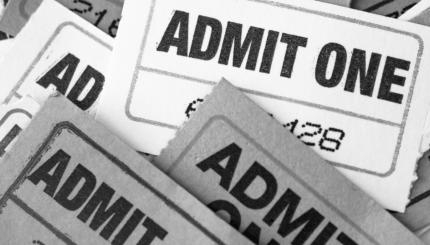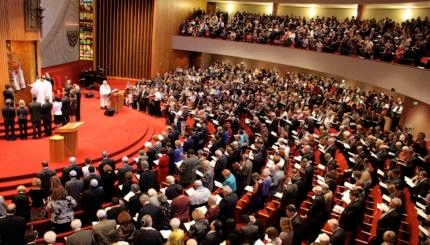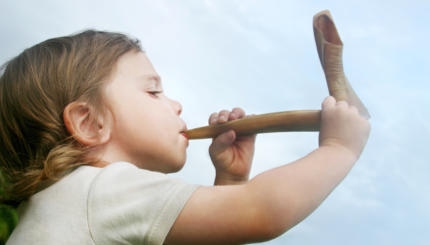A couple of years ago during the High Holidays, I was approached by someone visiting my synagogue for the first time. I welcomed him, and he said he and his wife were looking for a synagogue. “We thought this was the perfect time to check out services.” I was glad they were there, but I believe the High Holidays—Rosh Hashanah and Yom Kippur—are the worst days to experience the personality and atmosphere of a synagogue.
When is Rosh Hashanah 2017? Click here to find out!
Every synagogue has its own character, and anyone seeking a community to become part of should indeed experience what it’s like in a few different places and find the one that is the best fit. But the High Holidays — in my synagogue at least, and I venture to say in many other synagogues too — are very different than the rest of the year.
First of all, there are many more people at services for and than there are at any other time of year. You can’t really tell as a newcomer who is also a newcomer, who comes every year but only at this time, and who is at synagogue every week. The result, unfortunately, is that someone new may not receive the warm welcome they would get from the smaller group on Shabbat.
Services are different too. We’re a pretty informal place, but the High Holidays are more formal. There’s more solo music and less participatory music. The liturgy in general is more solemn and majestic, creating a different vibe than a typical .
Finally, there are the tickets. I know there are some synagogues that offer free tickets or don’t have tickets at all anymore for Rosh Hashanah and Yom Kippur. We are not there at this point — a lot of synagogues aren’t, whether you and I like that or not. Many synagogues are so full at this time of year that it’s hard even to get a seat at services. Fortunately, my community is not in that situation. In fact, if you’re in Brooklyn and need a place to go for Kol Nidrei and Yom Kippur, just come on over. We would never ask you for money to come to services at any other time of year, but at this time of year, we do.
If you are moved to, please do go to services for Yom Kippur tonight and tomorrow. If you are looking for a community to become part of, though, please don’t assume that what you experience at a synagogue during the High Holidays is the same experience you would have at other times. Go to Shabbat services also. Go to Shabbat services a couple of times. Participate in a study or another activity. See what it’s like on a regular day before you decide if it’s the place for you. As we say during this season, may you be sealed in the Book of Life for a good year to come, and I’ll add: May you be embraced by a community that is the right place for you.



